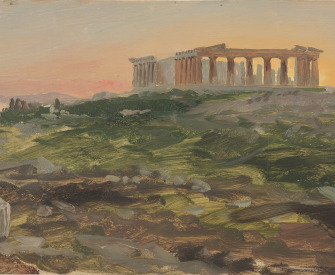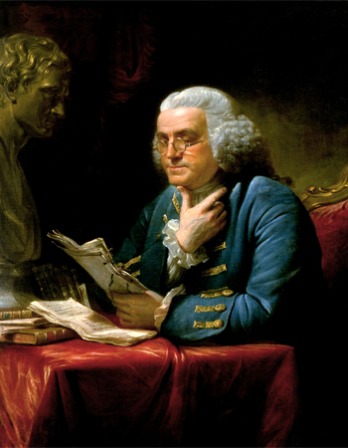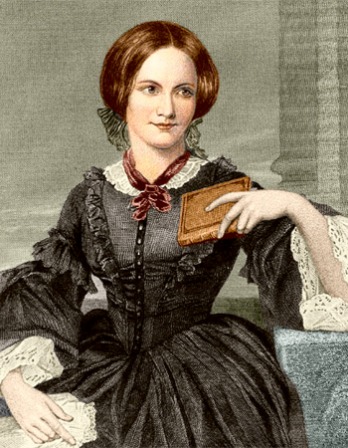Art is the most intense mode of individualism that the world has known. I am inclined to say that it is the only real mode of individualism that the world has known. Crime, which under certain conditions may seem to have created individualism, must take cognizance of other people and interfere with them. It belongs to the sphere of action. But alone, without any reference to his neighbors, without any interference, the artist can fashion a beautiful thing, and if he does not do it solely for his own pleasure, he is not an artist at all.
And it is to be noted that it is the fact that art is this intense form of individualism that makes the public try to exercise over it an authority that is as immoral as it is ridiculous, and as corrupting as it is contemptible. It is not quite their fault. The public has always, and in every age, been badly brought up. They are continually asking art to be popular, to please their want of taste, to flatter their absurd vanity, to tell them what they have been told before, to show them what they ought to be tired of seeing, to amuse them when they feel heavy after eating too much, and to distract their thoughts when they are wearied of their own stupidity.
Art should never try to be popular. The public should try to make itself artistic. There is a very wide difference. If a man of science were told that the results of his experiments and the conclusions that he arrived at should be of such a character that they would not upset the received popular notions on the subject, or disturb popular prejudice, or hurt the sensibilities of people who knew nothing about science; if a philosopher were told that he had a perfect right to speculate in the highest spheres of thought, provided that he arrived at the same conclusions as were held by those who had never thought in any sphere at all—well, nowadays the man of science and the philosopher would be considerably amused. Yet it is really a very few years since both philosophy and science were subjected to brutal popular control, to authority—in fact the authority of either the general ignorance of the community, or the terror and greed for power of an ecclesiastical or governmental class. Of course, we have to a very great extent got rid of any attempt on the part of the community or the church or the government to interfere with the individualism of speculative thought, but the attempt to interfere with the individualism of imaginative art still lingers. In fact, it does more than linger: it is aggressive, offensive, and brutalizing.
In England, the arts that have escaped best are the arts in which the public takes no interest. Poetry is an instance of what I mean. We have been able to have fine poetry in England because the public does not read it, and consequently does not influence it. The public likes to insult poets because they are individual, but once they have insulted them, they leave them alone. In the case of the novel and the drama, arts in which the public does take an interest, the result of the exercise of popular authority has been absolutely ridiculous. No country produces such badly written fiction, such tedious, common work in the novel form, such silly, vulgar plays as England. It must necessarily be so. The popular standard is of such a character that no artist can get to it. It is at once too easy and too difficult to be a popular novelist. It is too easy because the requirements of the public as far as plot, style, psychology, treatment of life, and treatment of literature are concerned are within the reach of the very meanest capacity and the most uncultivated mind. It is too difficult because to meet such requirements the artist would have to do violence to his temperament, would have to write not for the artistic joy of writing, but for the amusement of half-educated people, and so would have to suppress his individualism, forget his culture, annihilate his style, and surrender everything that is valuable in him.
The one thing that the public dislikes is novelty. Any attempt to extend the subject matter of art is extremely distasteful to the public, and yet the vitality and progress of art depend in a large measure on the continual extension of subject matter. The public dislikes novelty because they are afraid of it. It represents to them a mode of individualism, an assertion on the part of the artist that he selects his own subject and treats it as he chooses. The public is quite right in its attitude. Art is individualism, and individualism is a disturbing and disintegrating force. Therein lies its immense value. For what it seeks to disturb is monotony of type, slavery of custom, tyranny of habit, and the reduction of man to the level of a machine.
From The Soul of Man Under Socialism. In 1887 Wilde began editing Woman’s World, originally a fashion magazine. Although “no one appreciates more fully than I do the value and importance of Dress,” Wilde wrote when offered the position, “we should take a wider range, as well as a higher standpoint, and deal not merely with what women wear, but with what they think, and what they feel.” Under his stewardship the magazine began addressing the question of suffrage and women’s education. “To make men socialists is nothing,” Wilde wrote in 1889, “but to make socialism human is a great thing.”
Back to Issue





